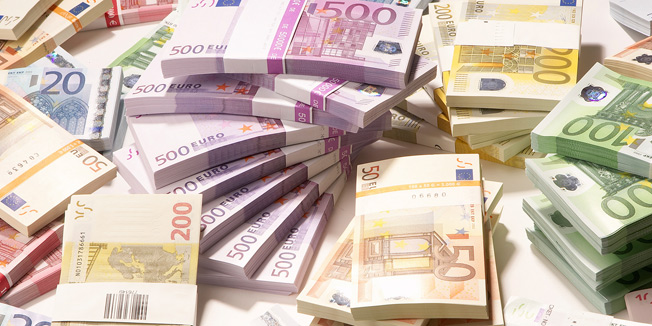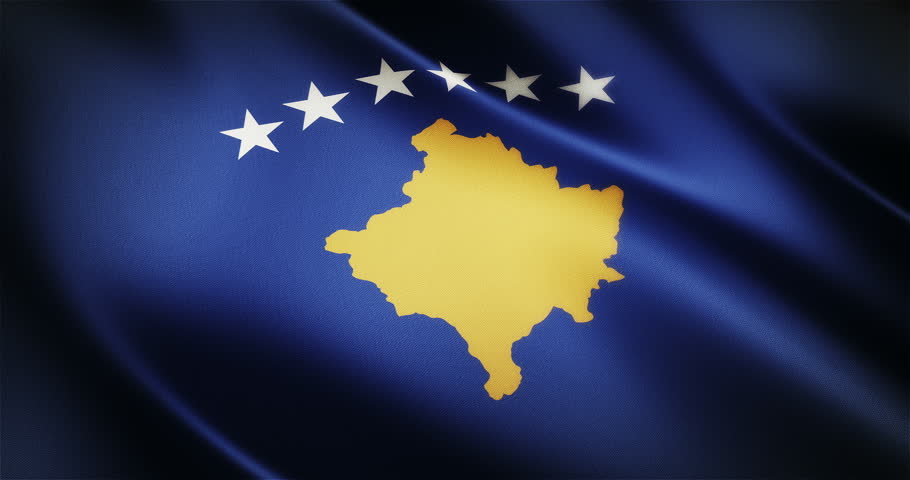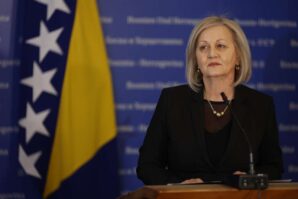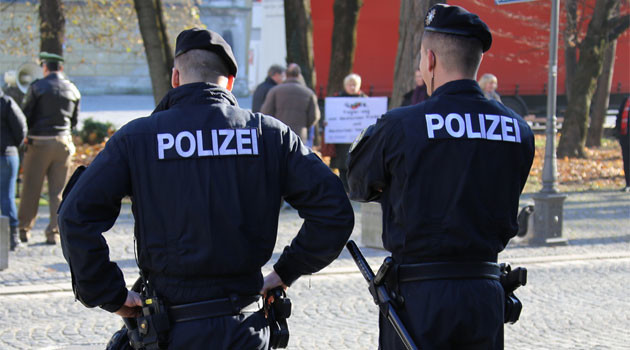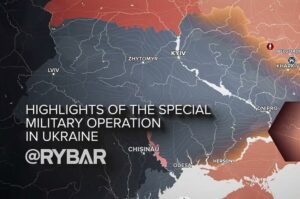 The number of Arab tourists in BiH grows year after year. Some claim that this is good for BiH tourism and overall development of the country, while others are concerned with Arabs who purchase land in BiH.
The number of Arab tourists in BiH grows year after year. Some claim that this is good for BiH tourism and overall development of the country, while others are concerned with Arabs who purchase land in BiH.
A Kuwaiti Abdul Majid feels “very pleasant” in BiH.
“I came here as a tourist. This is a beautiful country and people are very good. I am in Sarajevo now, but I visited Travnik and some other cities, too. I am delighted with what I saw. I enjoy Bosnian climate and Bosnian mountains, rivers and lakes,” said Abdul Majid.
Badr Al Shemri is from Hail, Saudi Arabia. Unlike Abdul Majid, Al Shemri is thinking about buying land in BiH. When asked what, he provides a concrete answer:
“Look at this greenery, these mountains that surround us. All these rivers, lakes… The climate here is so refreshing, and in Saudi Arabia it is so hot.”
Streets of Ilidža and the central city areas are crowded with tourists from Arab countries this summer. In 2016, Sarajevo is again the main destination of Arab tourists, but they are increasingly present in other BiH cities as well.
Al Shemri says he visited Mostar and Bihać, cities that he can only praise. Guests from Arab countries are more easy to notice than other tourists. Arab women are mostly covered entirely, dressed in burqas. Cafes and restaurants in Ilidža are full of Arab tourists and menus and other offers, as well as ads on shops, are often printed in Arabian language, too. Local business is entirely adjusted to this kind of demand.
Cafes that count on Arab tourists no longer offer alcoholic beverages, despite the outcry of locals. Arab families love to relax on the grass of the parks in Ilidža, where many of them even pray when the time for prayer comes.
Local population has split opinions about Arab tourists.
“We are not against Arabs! We are happy to see tourists coming, wherever they come from, but Arabs are specific. They bring money, but they do not follow the rules. Construction of expensive facilities is thriving in Sarajevo, and buyers are mostly Arabs. In BiH there is more and more poverty and less and less perspective, but apartments are being built for the Arabs, our municipal officials bow before them, allowing them to do things that are not allowed to the local population,” said one resident of Ilidža.
“It is our fault because we do not appreciate anything that is ours. Only for us, the parks are not a place where people go to enjoy. In other metropolises, for example Vienna, people lay in parks, and we are surprised and find it weird if an Arab lays in a park in Ilidža,” said another local.
A. M. has nothing against Arabs, as long as they abide to the norms of behavior and laws.
“However, I am afraid they do not respect either one of those. If a Bosnian Muslim does not pray at a park, I do not see why any Arab who comes to this country would be allowed to do that. The ways they become owners of real estate in this country are under the microscope of security agencies, which provides grounds for suspicion that respecting our laws is not one of their strongholds, either. Those people open companies, but do not hire. Instead, they buy what is the most valuable for us, our land, where they build elite settlements only for themselves, isolated from the plain BiH population. of all that, we only have a short-time financial benefit. People who rule this country do not care about what that will bring to us in the future – they do not think what will happen after their term ends anyway,” said this local.
Prices of real estate in BiH are growing and owners of land around Sarajevo happily rub their hands. According to the BiH laws, foreign citizens can purchase a real estate in BiH if they have a registered company in this country. Therefore, such companies started springing up in Sarajevo like mushrooms after the rain. Many of them are suspected to be fictional, i.e. that their priority is to alow the procurement of land instead of investing in BiH economy. Critics warn that massive sale of BiH land to Arabs and massive “colonization” of Arabs in BiH might have negative consequences.
(Source: hayat.ba)








